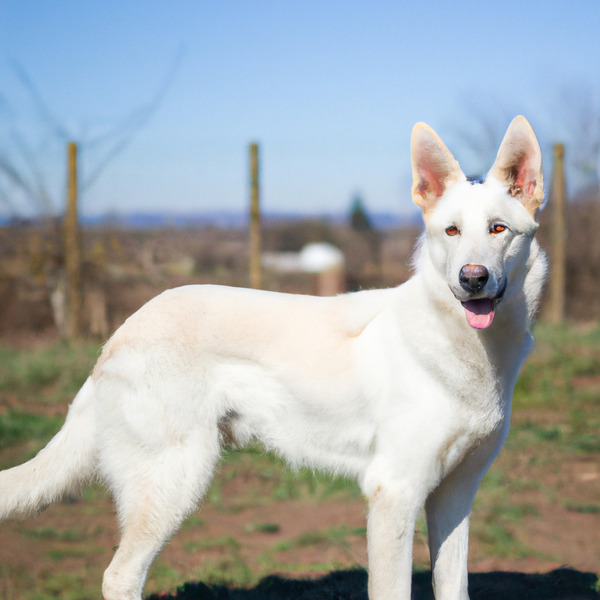White Shepherd vs. Bostchon: Breed Differences and Similarities
Watchdog Ability
Which dog breed makes a better watchdog, the White Shepherd or Bostchon?
Choose a White Shepherd if you want a top-notch watchdog. This breed takes guarding seriously, and may not require much training, though obedience or guard dog training can improve their skills.
Bostchons aren't great guard dogs; they tend to just watch without taking action.
Ancestry
What are the origins of White Shepherd and Bostchon breeds?
German Shepherd Dog
Bichon Frise and Boston Terrier
Date of Birth
When were White Shepherd and Bostchon breeds first developed?
1900s
Unknown
Eye Color Possibilites
What are the eye colors of White Shepherd and Bostchon dogs?
Brown
Brown
Nose Color Possibilites
What are the natural nose colors of White Shepherd and Bostchon?
Black
Brown
Black
Coat Color Possibilites
What are the natural colors of the coat for White Shepherd and Bostchon breeds?
Cream
White
Black
White
Brindle
Brown
Coat Length
What is the typical coat length for White Shepherd and Bostchon breeds?
White Shepherds have medium-length coats.
Bostchons are known for their coat length.
Coat Density
What is the density of the coat of White Shepherd and Bostchon?
Coat Texture
What is the hair texture of White Shepherd and Bostchon?
Straight
Curly
Litter Size
What is the usual litter size for White Shepherd and Bostchon?
A White Shepherd can have a litter of 12-14 puppies on average. However, it's worth noting that the size of the litters can vary greatly. Factors that can influence litter size include the health of the mother, breeding history, and genetics.
A Bostchon can have a litter of 2-5 puppies on average. However, it's worth noting that the size of the litters can vary greatly. Factors that can influence litter size include the health of the mother, breeding history, and genetics.
Major Concerns
What are the major health concerns for White Shepherd and Bostchon breeds?
Hip And Elbow Dysplasia
Osteochondritis Dissecans
Cobalamin Malabsorption
Gastric Dilation Volvulus (GDV) or Bloat
Patellar Luxation
Minor Concerns
What minor health issues should be kept in mind when owning White Shepherd and Bostchon?
Allergies
Megaesophagus
Eye Problems
Distichiasis
Cataracts
Esophageal Achalasia
Hydrocephalus
Persistent Right Aortic Arch
Patent Ductus Arteriosus
Occasional Tests
What occasional tests are recommended for White Shepherd and Bostchon breeds?
CERF
Blood And Urine Analysis
Yearly Physical Examination
OFA on hips and elbows
Blood
Biopsy
Orthopedic
Brain Auditory Evoked Response (BAER)
Internal Imaging (x-ray, CT scan, MRI, etc.)
Ophthalmic
Oral
Energy
How do the energy levels of White Shepherds and Bostchons compare?
White Shepherds thrive on an active lifestyle due to their high-energy nature.
Bostchons are suitable for those with a balanced lifestyle as they have an average energy level.
Exercise Needed
White Shepherd vs Bostchon exercise need comparison.
White Shepherds need high physical activity and are ideal for active individuals, but not suitable for sedentary lifestyles or small apartments.
Bostchons need moderate physical activity and are great for families and active individuals.
Tendency to Bark
Do White Shepherds or Bostchons bark more/less frequently?
White Shepherd and Bostchons tend to bark moderately, they bark when necessary, such as to alert their owner or to communicate something. They may also bark due to certain triggers like fear, alarm, boredom, greeting, separation anxiety and compulsive barking.
Activity Level
Which breed has higher energy, White Shepherds or Bostchons?
Both White Shepherd and Bostchon are medium-energy dogs that enjoy socializing and playing with other dogs. They may engage in casual or sustained games of chase, and occasionally have bursts of barking or racing around the house.
Walks per Week
How many miles should White Shepherd or Bostchon walk each week?
There's really no limit to how far you walk your dog as long as they're comfortable. For White Shepherd, it's at least 8 miles / week. Just remember to build distance and stamina gradually over time.
There's really no limit to how far you walk your dog as long as they're comfortable. For Bostchon, it's at least 6 miles / week. Just remember to build distance and stamina gradually over time.
Activity per Day
Do White Shepherds or Bostchons require more exercise?
In general most White Shepherds usually need at least 30 minutes of exercise daily. This can be spread across the day and include all sorts of high-energy activities, like walking, running and playing.
In general most Bostchons usually need at least 60 minutes of exercise daily. This can be spread across the day and include all sorts of high-energy activities, like walking, running and playing.
Grooming
Which breed is easier to maintain in terms of grooming, White Shepherds or Bostchons?
White Shepherds have high grooming needs, requiring regular trims and professional grooming assistance to keep their coat healthy.
The Bostchon requires an average amount of grooming compared to other breeds.
Brushing Frequency
What is the recommended brushing frequency for White Shepherd and Bostchon dogs?
White Shepherd should be brushed at least once a week. Of course you can give them more frequent brushes if you find that they are still shedding a lot
Ideally, Bostchon should be brushed at least 2 or 3 times a week (preferably daily) improve shedding.
Brushing Tools
What brushing tools are used for White Shepherds and Bostchons?
Slicker Brush
Comb
Deshedder
Slicker Brush
Comb
Scissors
Nail Clipper
Cups
How much food should be given to White Shepherd or Bostchon in cups?
For an average 77-88 pound (35 - 40 kg) White Shepherd feed 3 cups daily. But, keep in mind, the amount you feed is going to be dependent on the quality of the food you are feeding.
For an average 14-18 pound (6 - 8 kg) Bostchon feed 1 cups daily. But, keep in mind, the amount you feed is going to be dependent on the quality of the food you are feeding.
Daily Cost
Which breed has a higher daily cost, White Shepherd or Bostchon?
The average cost of a White Shepherd is somewhere $2.10 - $2.70 per day.
The average cost of a Bostchon is somewhere $1.10 - $1.40 per day.
Monthly Cost
Which breed has a higher monthly cost, White Shepherd or Bostchon?
The average per month expenses of a White Shepherd is between $55 - $73. This makes an average of $660 - $876 per year. It will be on the higher side when the dog is still small because it will need more frequent visits to the vet, shots.
The average per month expenses of a Bostchon is between $28 - $42. This makes an average of $336 - $504 per year. It will be on the higher side when the dog is still small because it will need more frequent visits to the vet, shots.
Intelligence
Comparing Intelligence: White Shepherds vs Bostchons
White Shepherd is highly intelligent and very trainable.
Bostchons are average in obedience intelligence but have a high IQ and may cause trouble if left unsupervised.
Affection Dependance
Which is the more affectionate dog breed: White Shepherd vs Bostchon?
Dog Friendly
Which breed is more sociable with other dogs: White Shepherd or Bostchon?
White Shepherds and Bostchons are very friendly towards other dogs. This breed typically have a happy and affectionate temperament around dogs.
Playfulness
Which breed is more playful between White Shepherd and Bostchon?
White Shepherd and Bostchon are playful dogs. So, no matter how busy the day may get, the best thing you can do for White Shepherd and Bostchon is to make time each day to play. It can be as little as 15-20 minutes, and it will mean the world to them.
Trainability
How do the trainability levels of White Shepherds and Bostchons compare?
The White Shepherd is highly intelligent and eager to please, making it a great choice for both novice and experienced dog owners due to its easy trainability.
Bostchons are usually easy to train but require consistency to fully obey commands.
Compare White Shepherd with other breeds
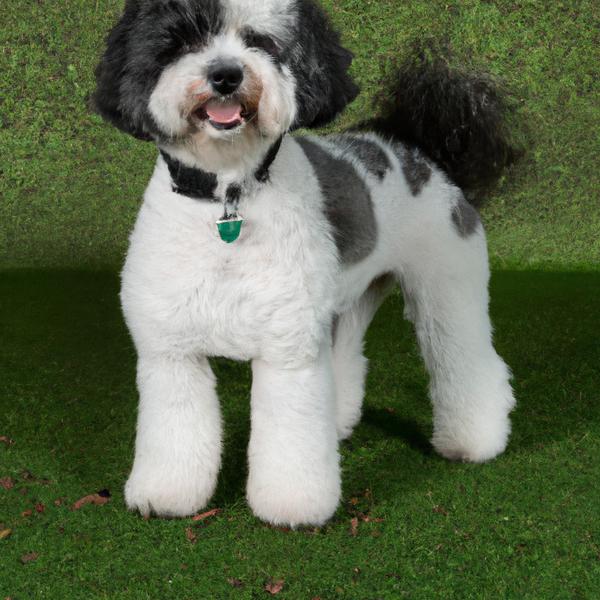
Bostchon
White Shepherd vs Bostchon
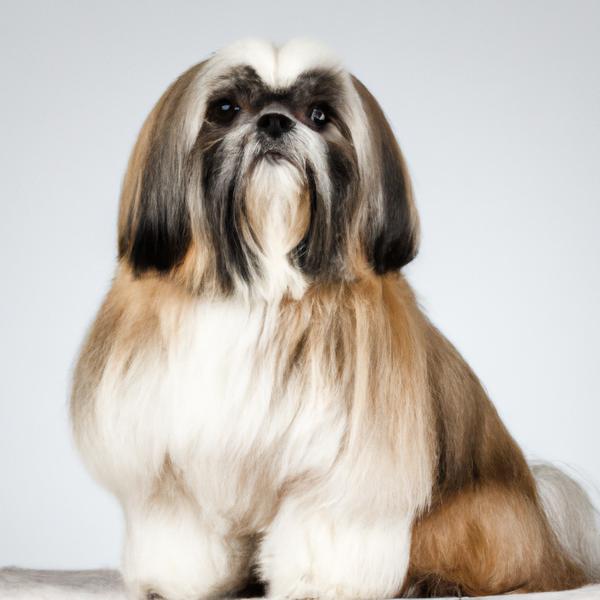
Jatzu
White Shepherd vs Jatzu
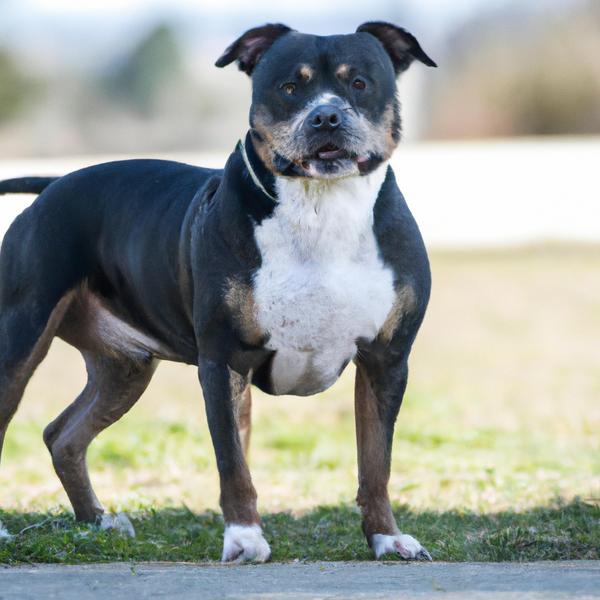
American Bullweiler
White Shepherd vs American Bullweiler
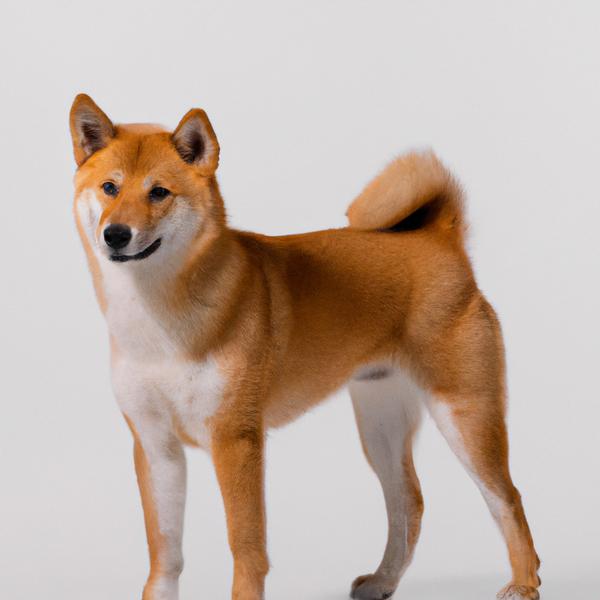
Shibadox
White Shepherd vs Shibadox
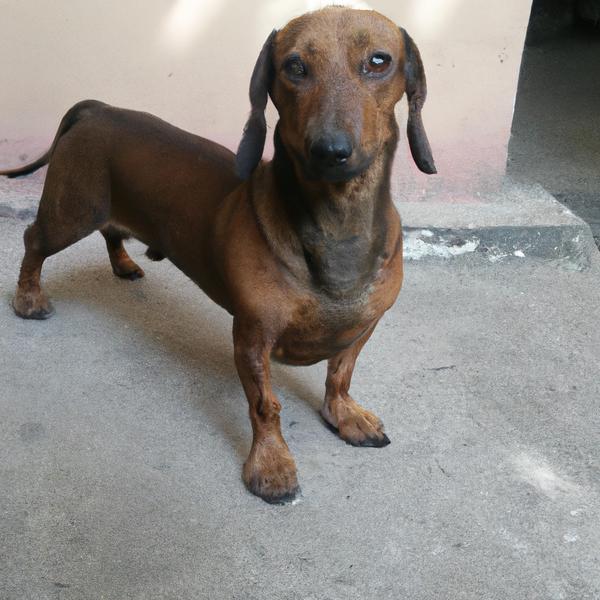
Papshund
White Shepherd vs Papshund
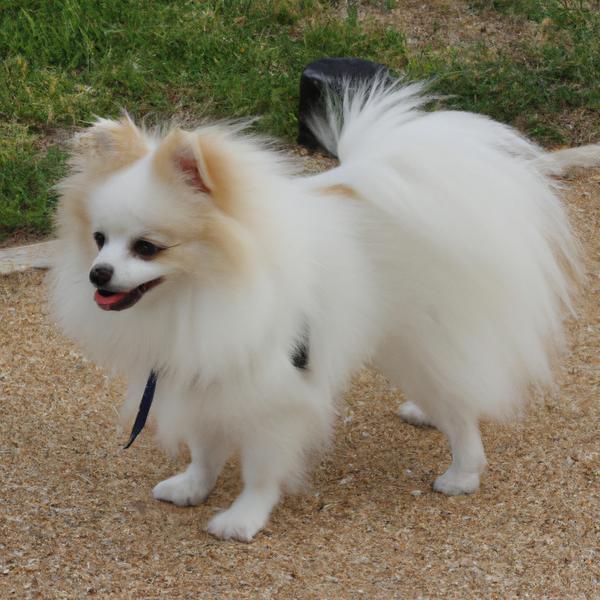
Pom-Coton
White Shepherd vs Pom-Coton
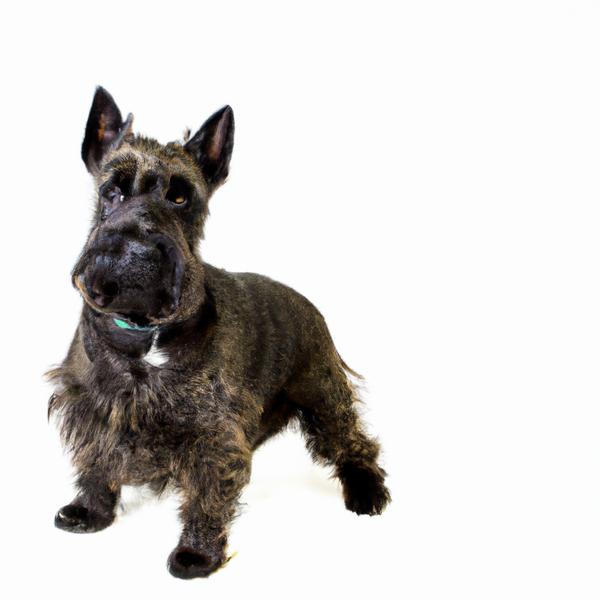
Scoland Terrier
White Shepherd vs Scoland Terrier
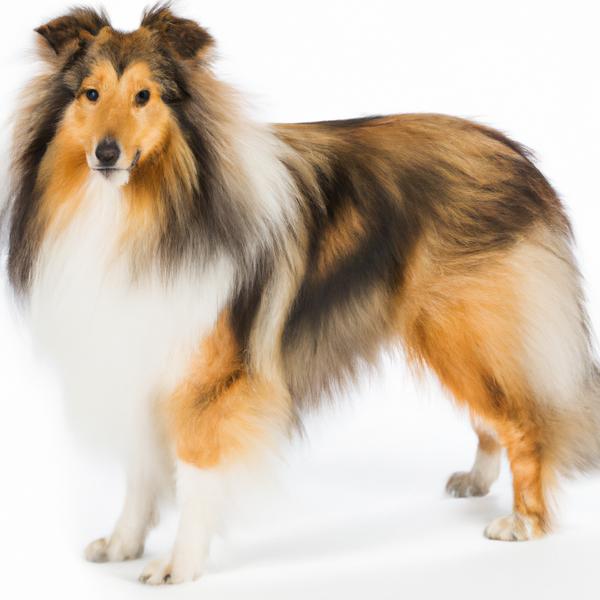
Shelestie
White Shepherd vs Shelestie
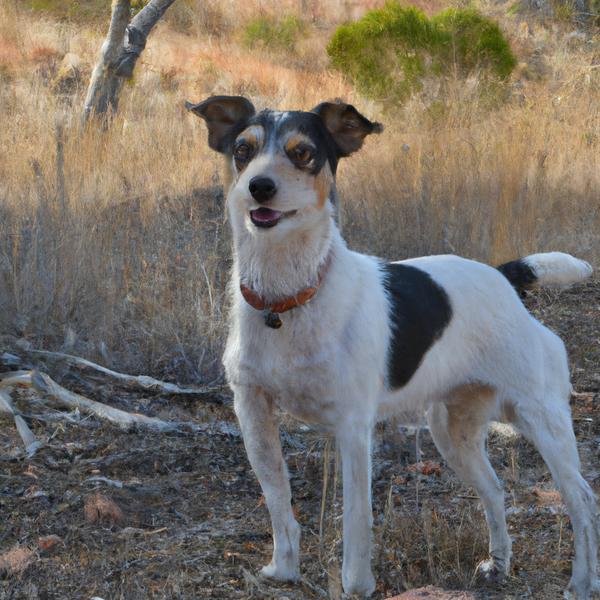
Bushland Terrier
White Shepherd vs Bushland Terrier
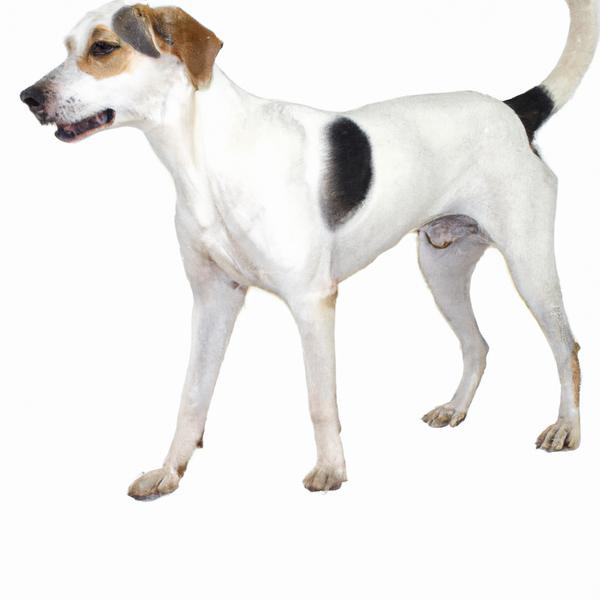
Tibalier
White Shepherd vs Tibalier
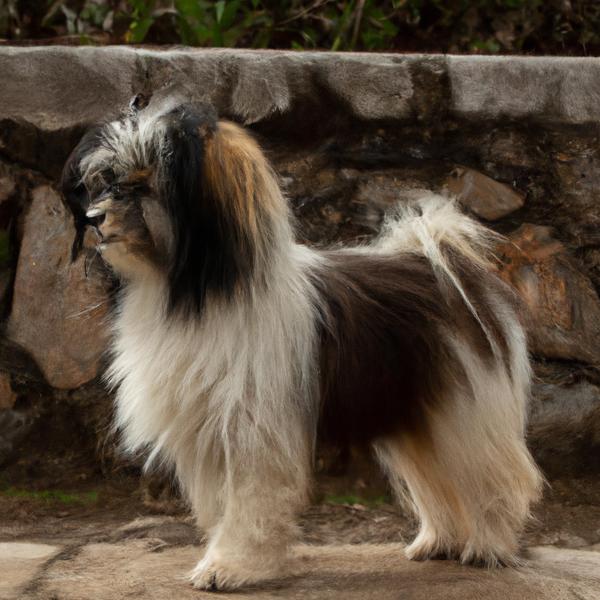
Tibepillon Terrier
White Shepherd vs Tibepillon Terrier
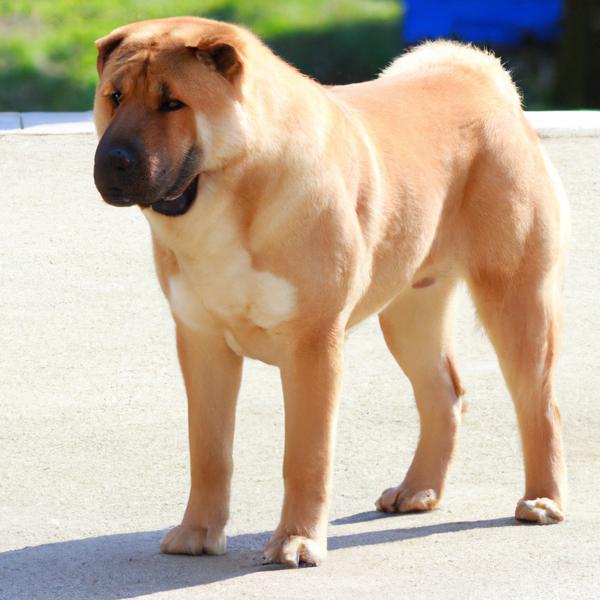
Sharbo
White Shepherd vs Sharbo
